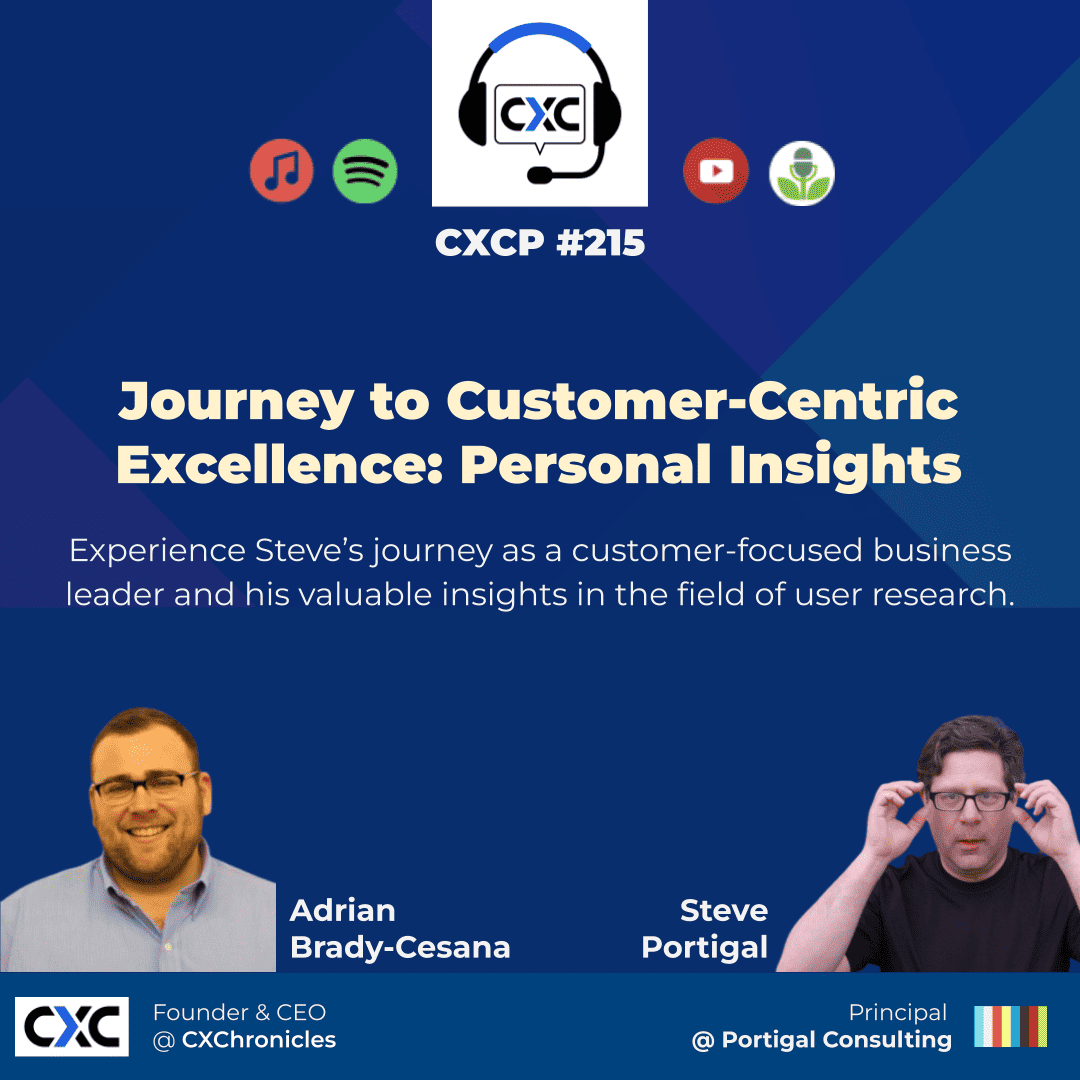Check out Steve on the NN/g UX podcast

Thanks to Therese Fessenden having me on the NN/g UX Podcast (in support of launching the second edition of Interviewing Users).
Our 45-minute conversation is on YouTube (and embedded below), and Spotify (and embedded below).
Topics/outline
- What is a User Interview
- Steve’s Journey
- Why to Choose User Interviews
- When to Choose Other Methods
- What has Changed in User Interviews
- Remote User Interviews
- What has NOT Changed in User Interviews
- Improving User Interview Skills
One of the things I do like about interviews is that it’s a method that changes the researcher — it changes their understanding of people, of the problem, of the opportunity and it does that in this experiential kind of immersive way. If I’m going to talk to a number of people over the course of a week, I’m going to be scratching my chin on the dog walk or thinking in the shower. It gives you a lot of experiential stuff to chew on. The conclusions that you take are not obvious, they’re not in the interview. For me it’s a very rewarding experience to be pushed into this sustained creative state as you’re thinking about the people that you met and how they talked and how they how they view their work and how they view their lives because it even if it doesn’t directly go there; It goes there indirectly. You start to understand something about other kinds of people so it’s really rich and rewarding which is nice on its own I guess but it’s a really powerful way to stimulate thinking about what it is that we’re trying to answer. I get a lot out of it with the data and I get a lot out of it with the experience.















